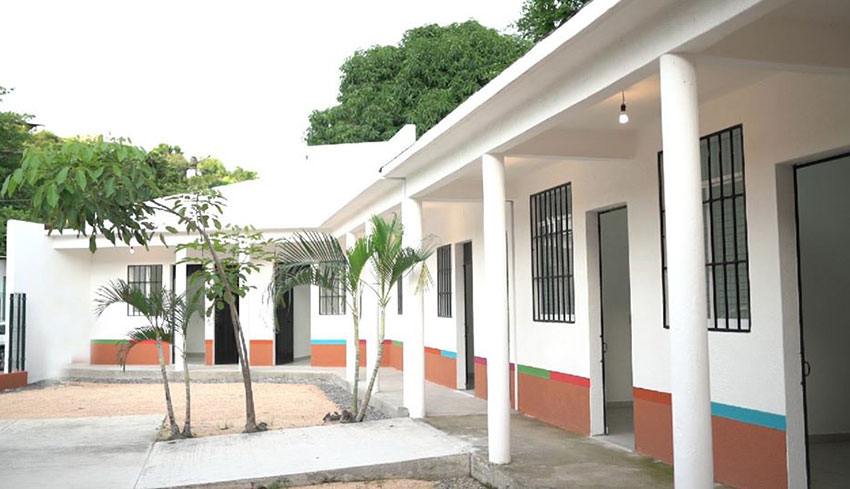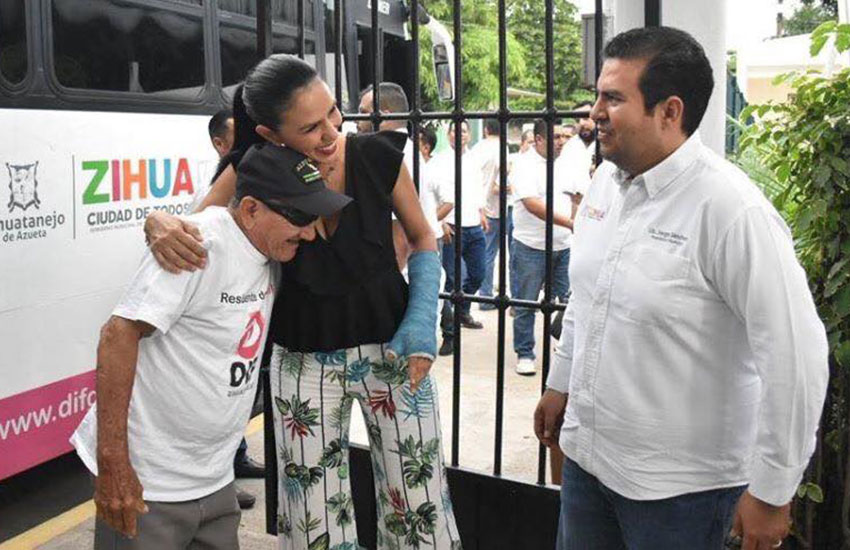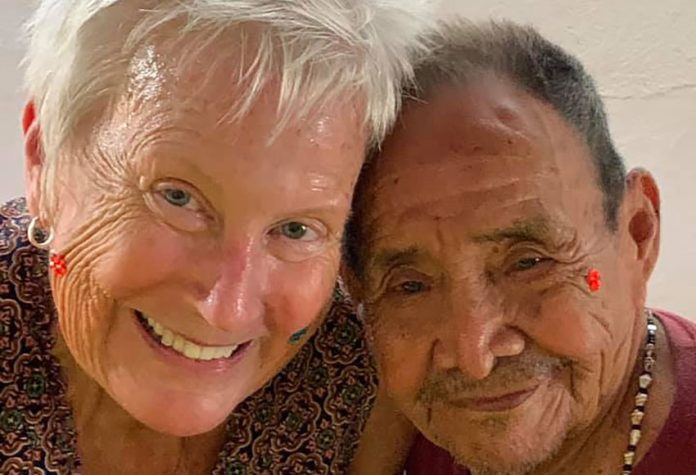I believe in miracles, especially at Christmas. Perhaps two of the best miracles I have witnessed are those that have occurred for the residents of the formerly named Casa María de Asilo in Zihuatanejo, now called Asilo DIF.
About a year ago I wrote an article for Mexico News Daily in which I compared the faith-based seniors’ home in Las Pozas, near Zihuatanejo, with the government-run facility in La Noria, an impoverished neighborhood close to Centro Zihua. In it I discussed the differences in quality and care.
Although both provided for seniors who had been neglected and forgotten, or whose families had no support in place, that was where any similarities ended. The faith-based home had all the advantages of seniors’ homes you would hope to find while the one run by the government had little or none.
Until, that is, when Deb Kraemer from the United States and Shirley Cullum from Canada stepped in in 2016 and things began to happen. In a few months the quality of care improved and living quarters became cleaner, bathrooms were retiled and issues that were neglected began to have some semblance of order.
Still, despite their efforts and the immense dedication of a small army of volunteers, the roof still leaked, staff were untrained or in some cases incompetent, and food and basic supplies were in short supply or of poor quality.

And this is where the second miracle begins in the form of one woman, Lizette Tapia Castro, wife of Mayor Jorge Sánchez. In Mexico, the mayor’s wife automatically becomes the figurehead of the DIF family services agency.
In the past, some have taken this position seriously and have made positive changes while some, unfortunately, have not. Luckily for Zihuatanejo, Lizette Tapia is one of the former.
With a degree in social services, Tapia involved the DIF in initiatives to improve the lives of people, particularly women, children and the marginalized (such as seniors) in positive ways.
For example, she took a hands-on and dedicated approach during a horrific fire this time last year that wiped out a whole community, and has been involved in programs such as sewing cloth diapers and holding showers for new expectant mothers.
Perhaps the most impressive of Tapia’s accomplishments has been the incredible transformation in the lives of the seniors from La Noria. Rather than merely fix the roof of a crumbling, desolate seniors’ home, she and her husband undertook to reconstruct an unused portion of an old DIF building a few blocks away.
In a record six months, Casa DIF was transformed into a bright, airy facility. Where before residents were crammed as many as 15 in one room, now they are living in relative luxury at just two to a room with their own bathroom.

The wide-open spaces of the courtyard allow residents to move freely in wheelchairs among plants and ocean breezes to cool down in the sometimes oppressive heat of summer.
Along with a few of the best staff from the old facility, the DIF hired a new and extremely capable manager, Laura Solis, to oversee the nurses, housekeeper and cooks.
Walking into the facility you can see the difference not only in staff attitude, but in the smiles from the residents themselves, who before were often bored and listless. Now many are walking about, playing games and doing crafts, and generally engaged in positive ways with staff and visitors alike.
In short, they are happy, loved and well cared for. Secret Santa celebrations, more school visits and local involvement have all contributed to the changes three women from Mexico, the U.S. and Canada have instigated.
The writer is a Canadian who has lived and worked in Mexico for many years.
